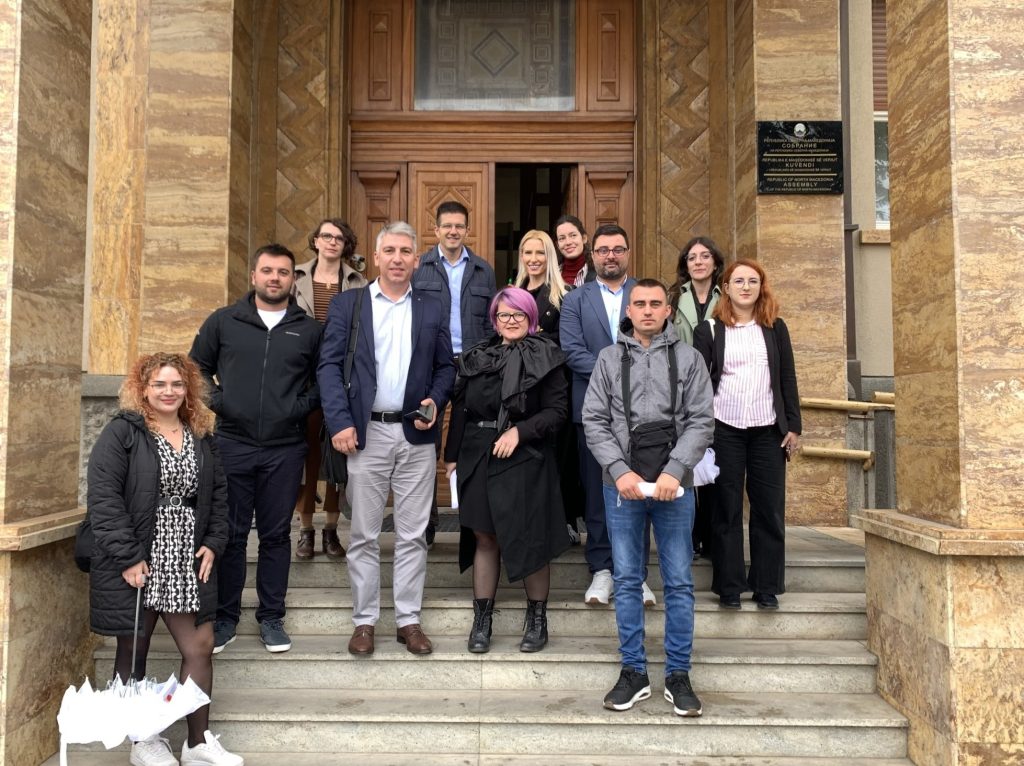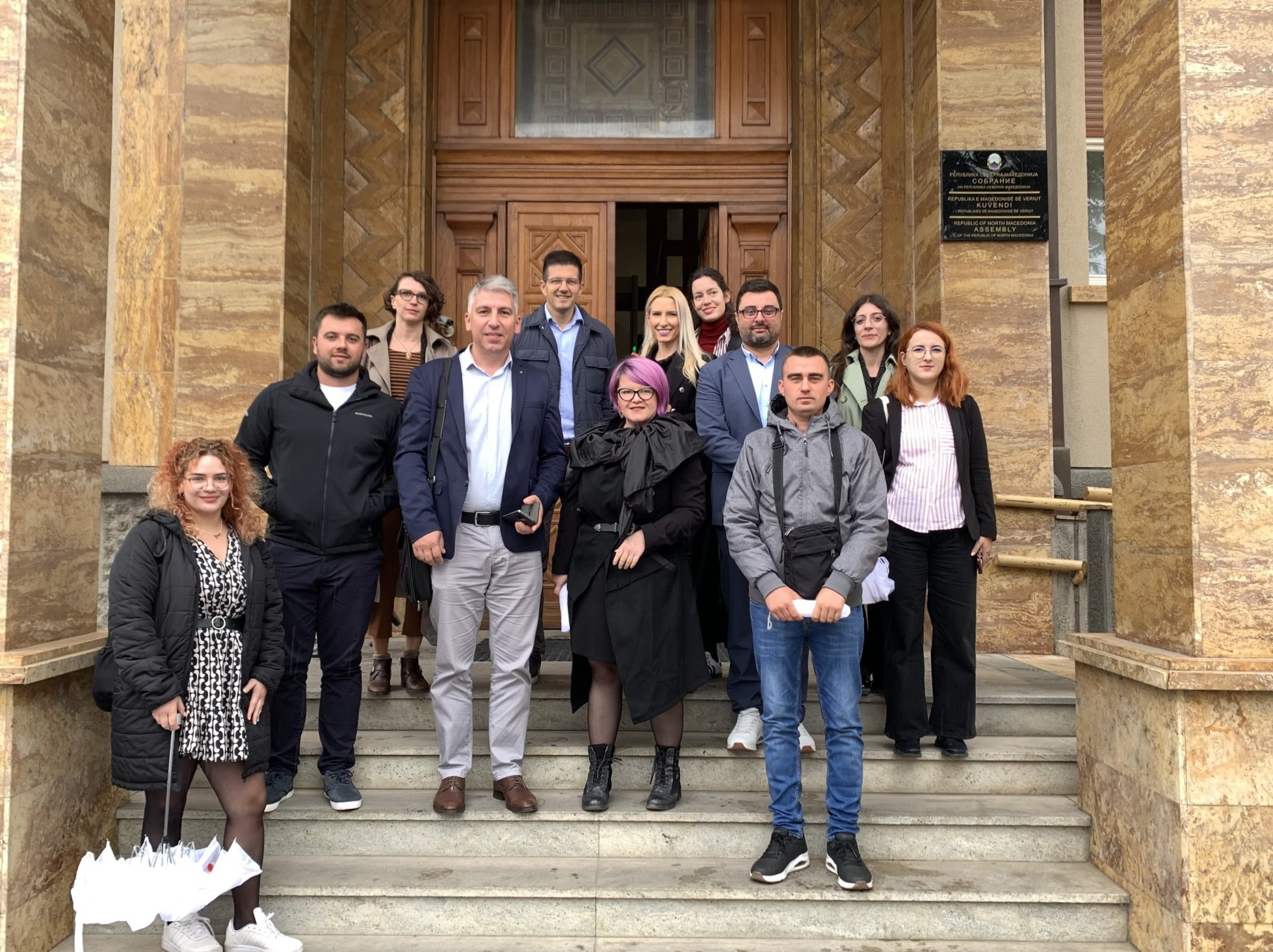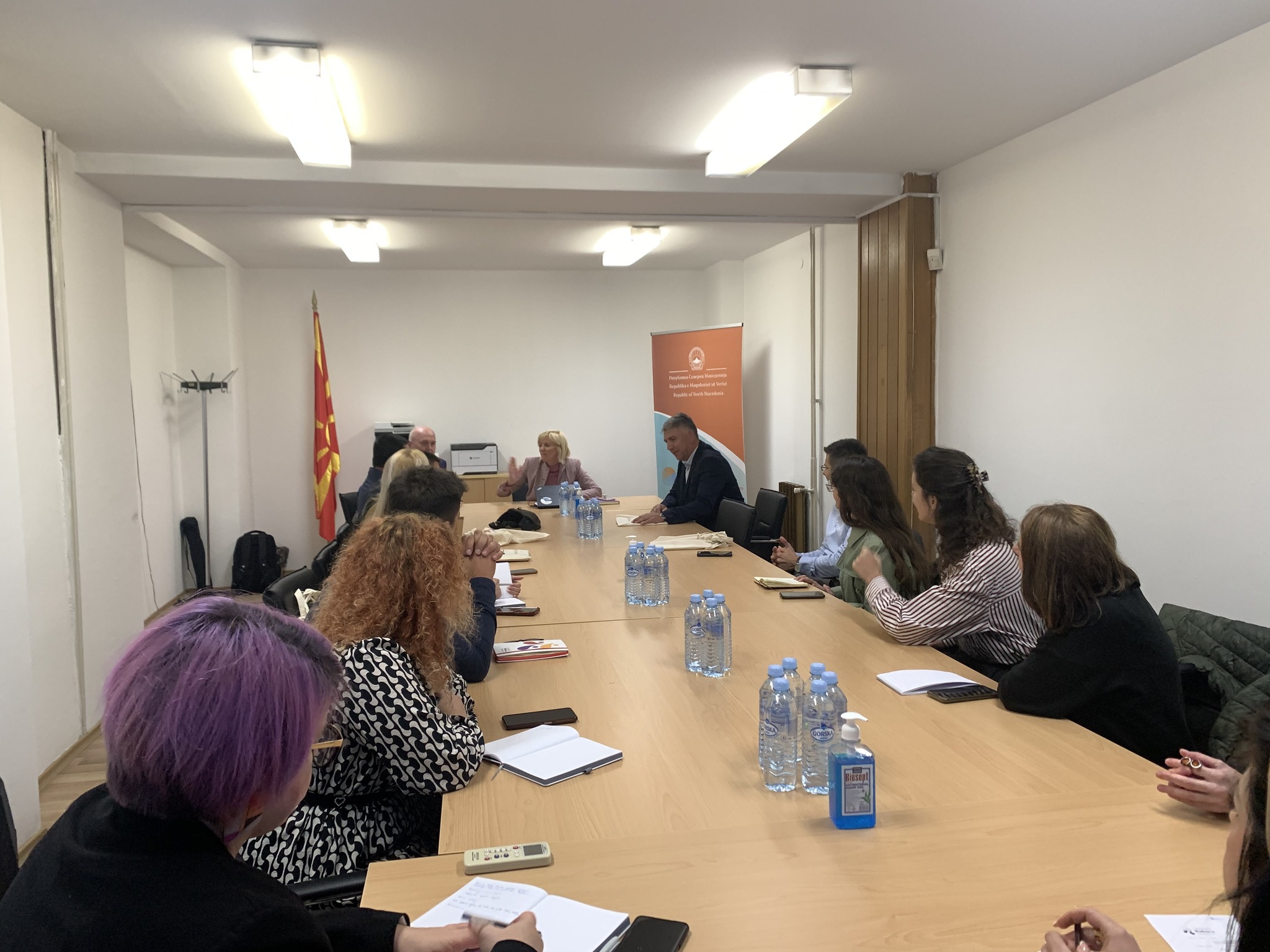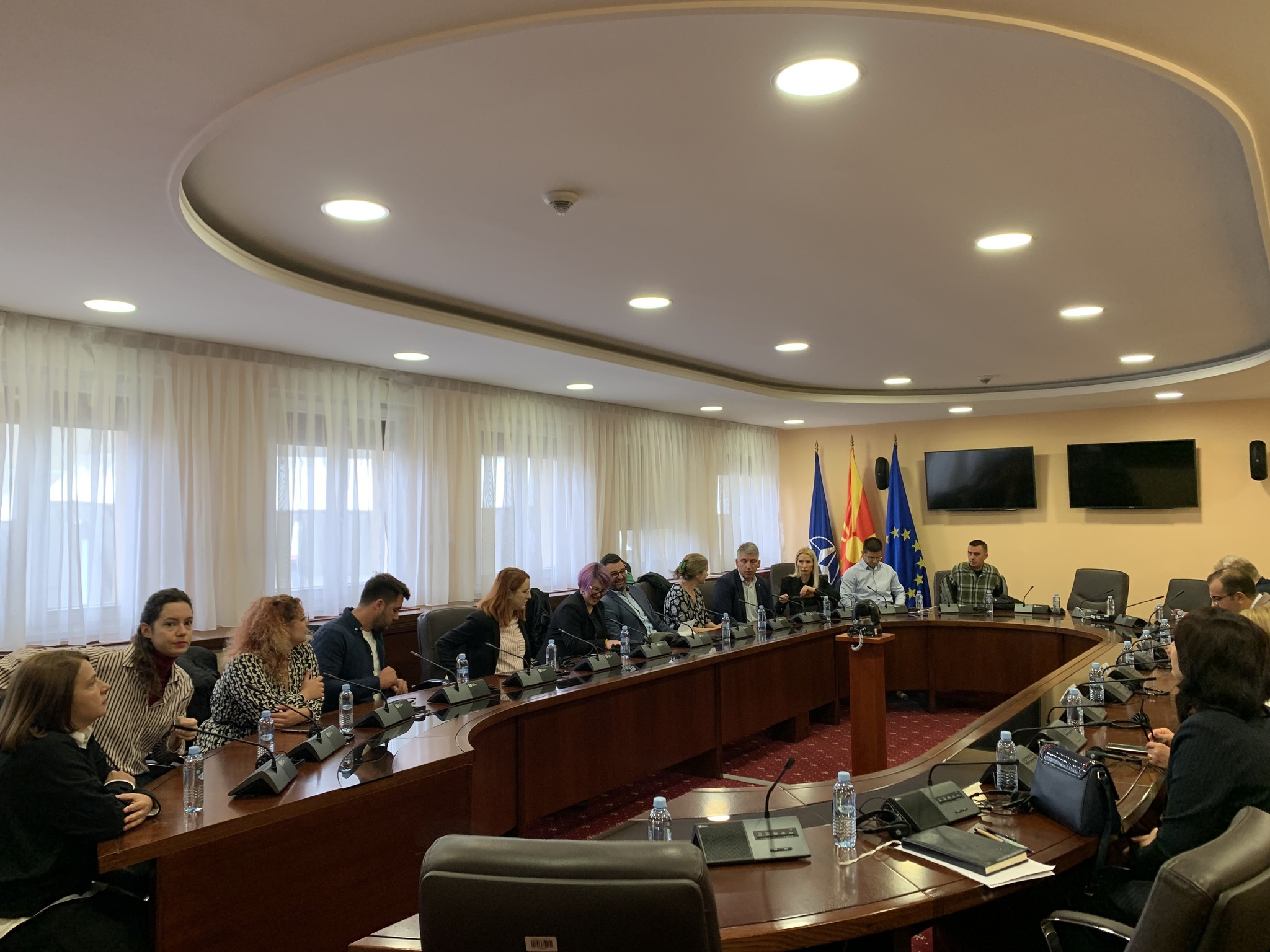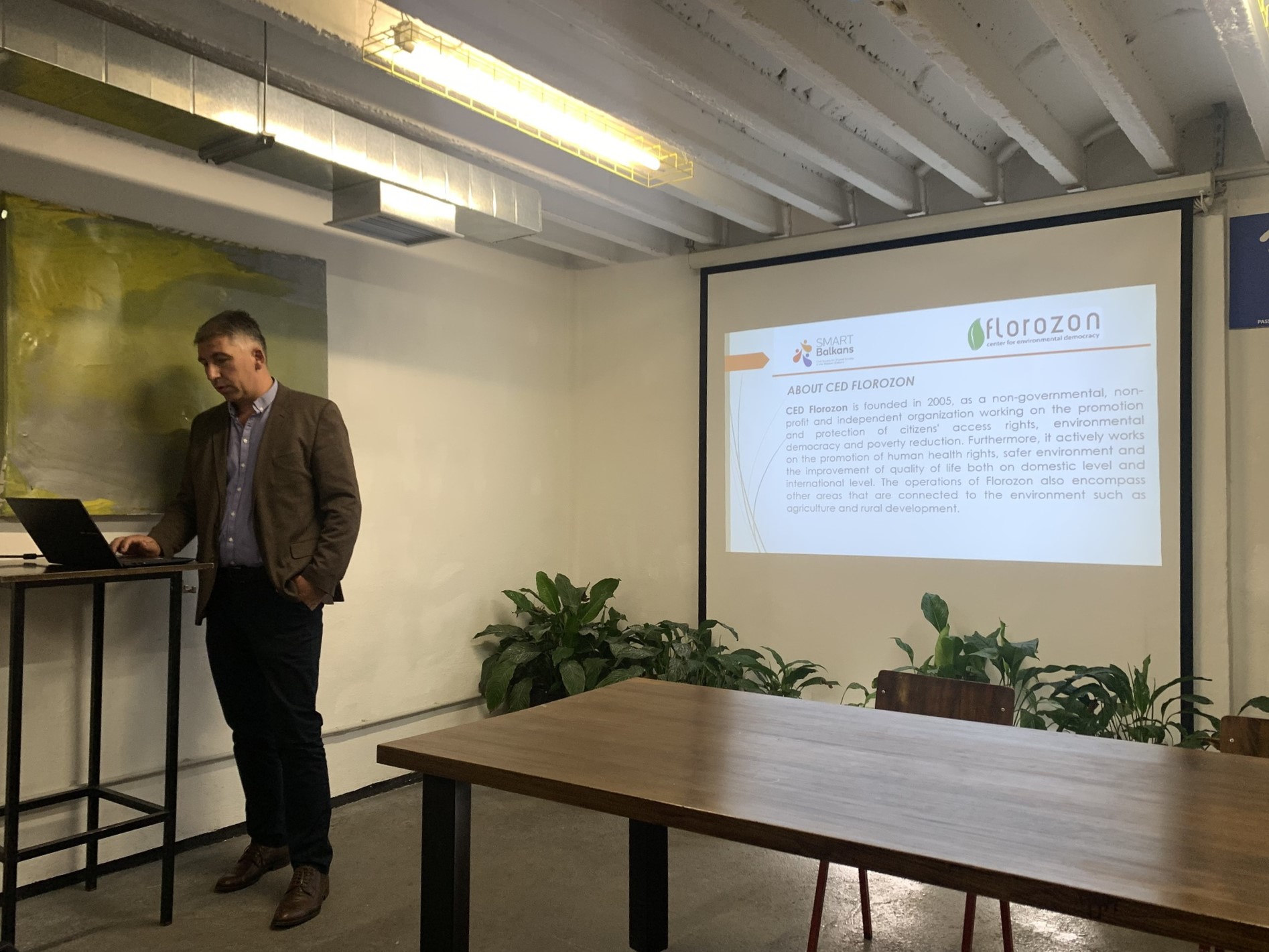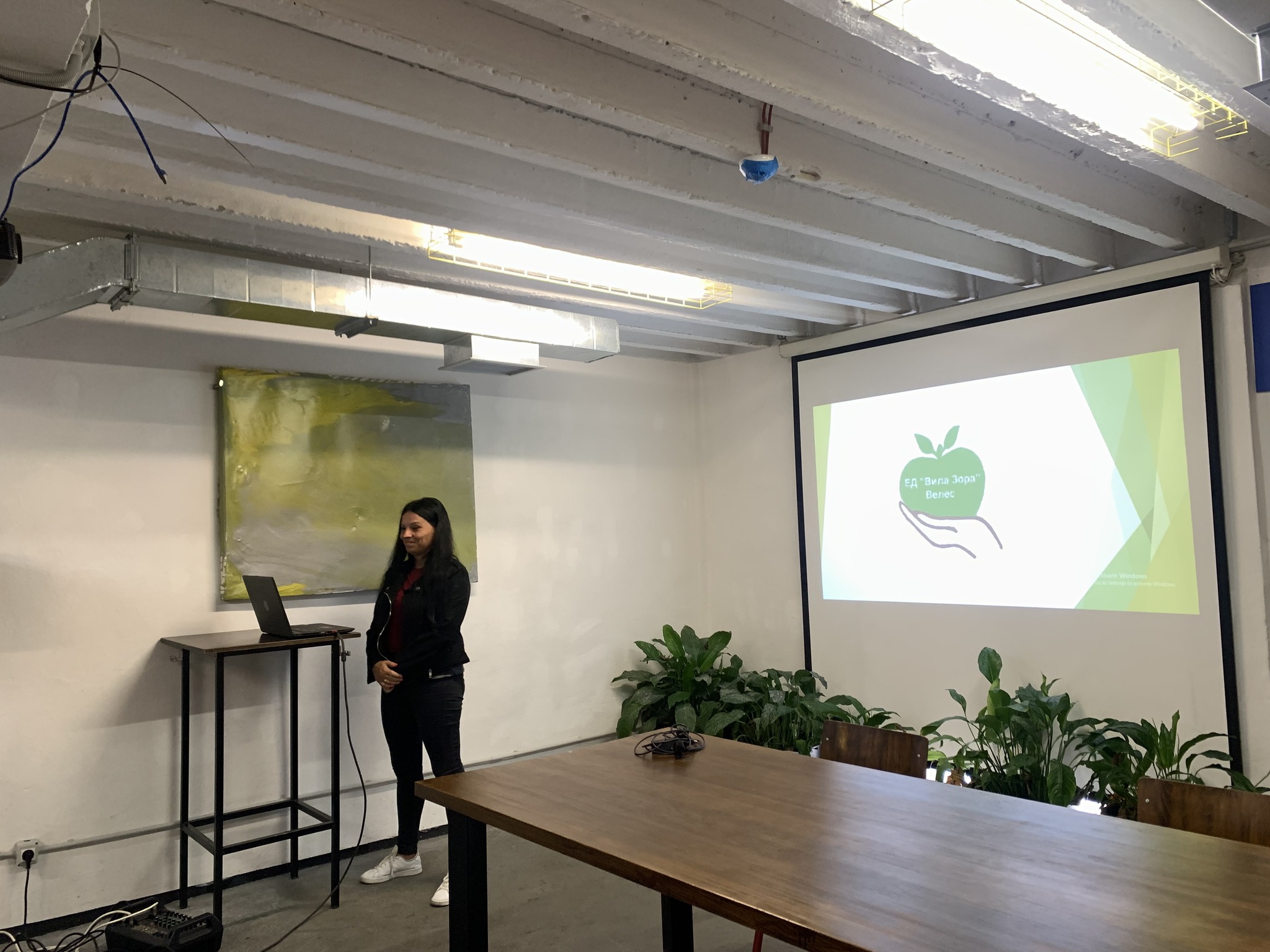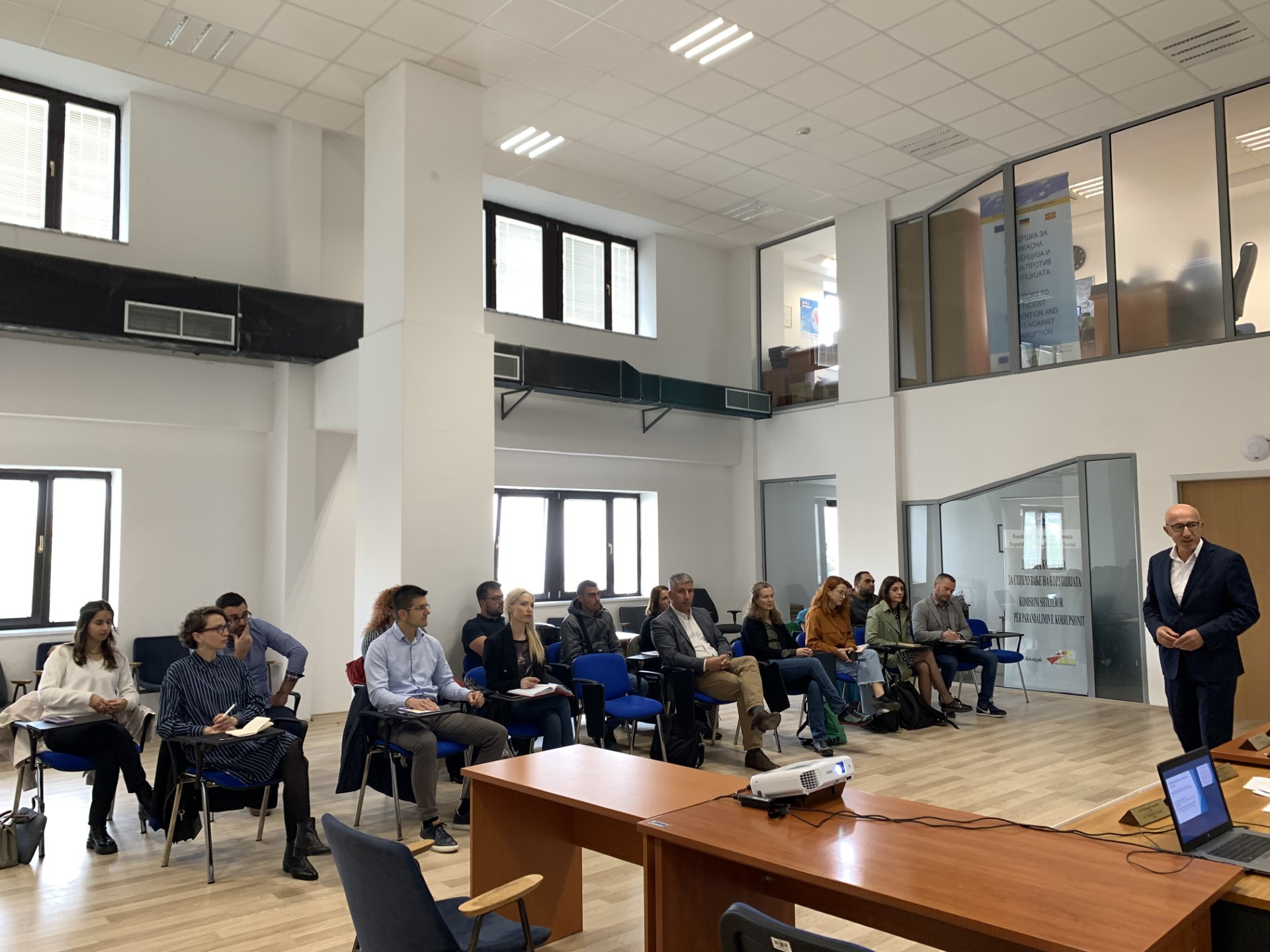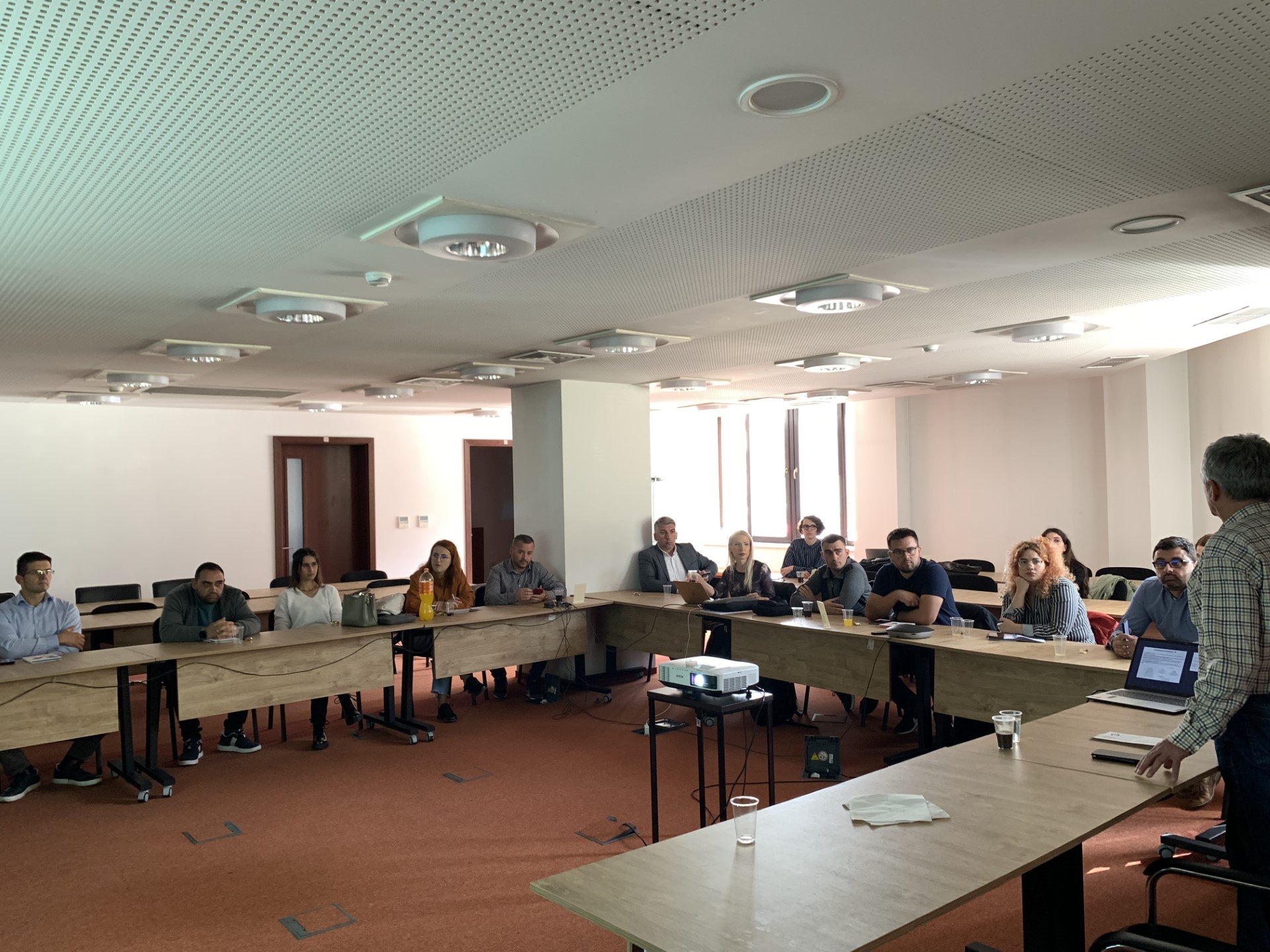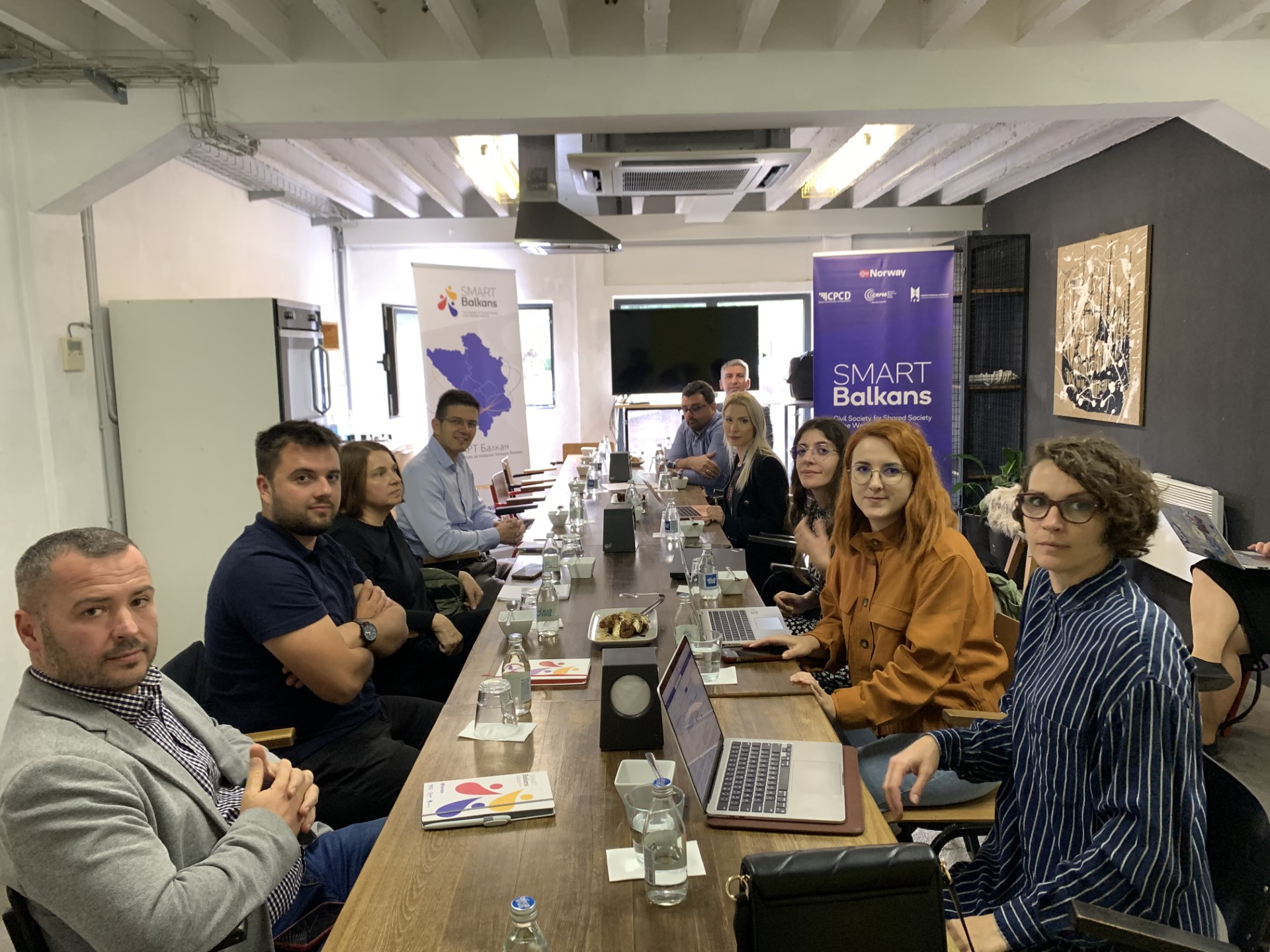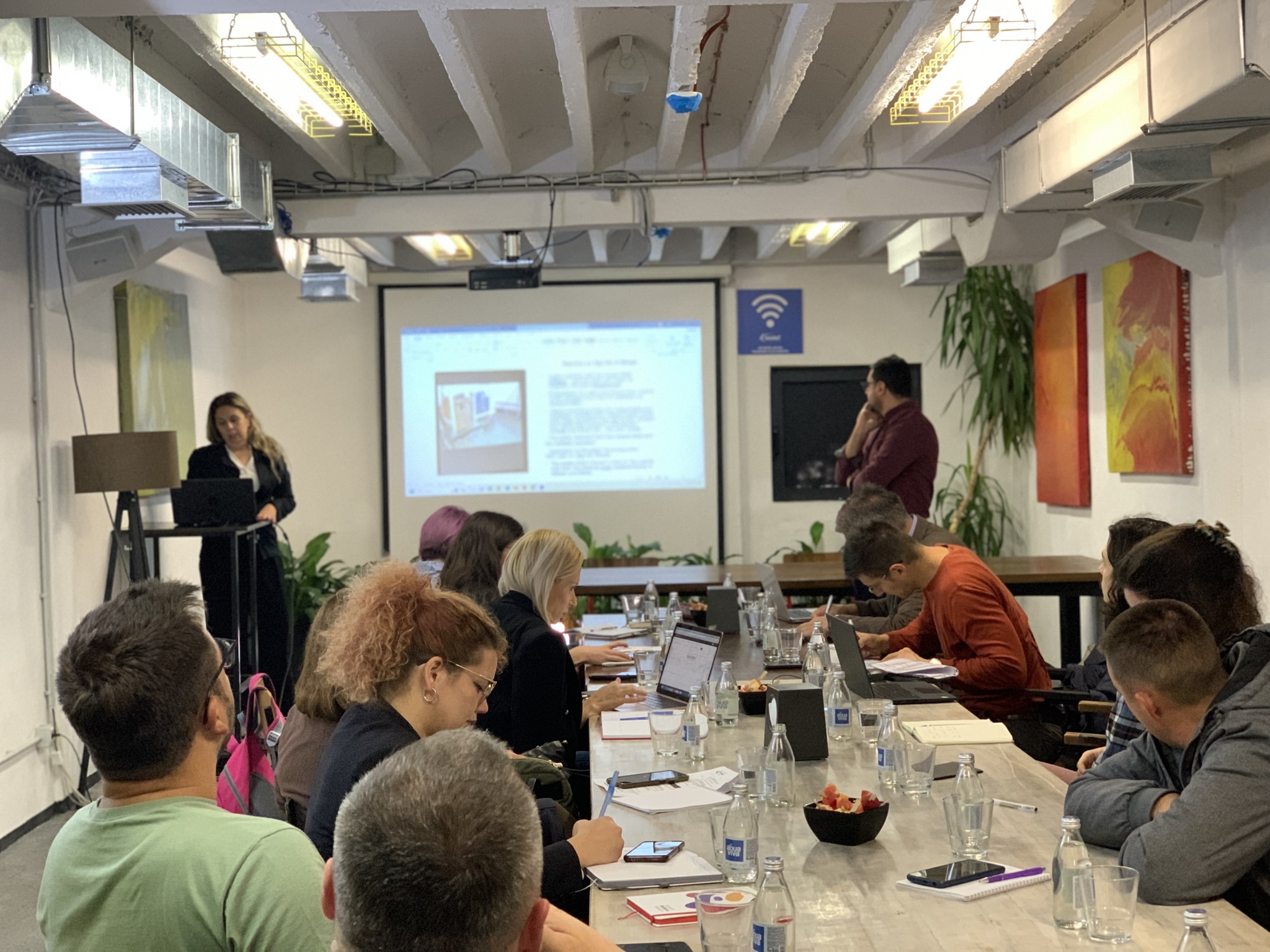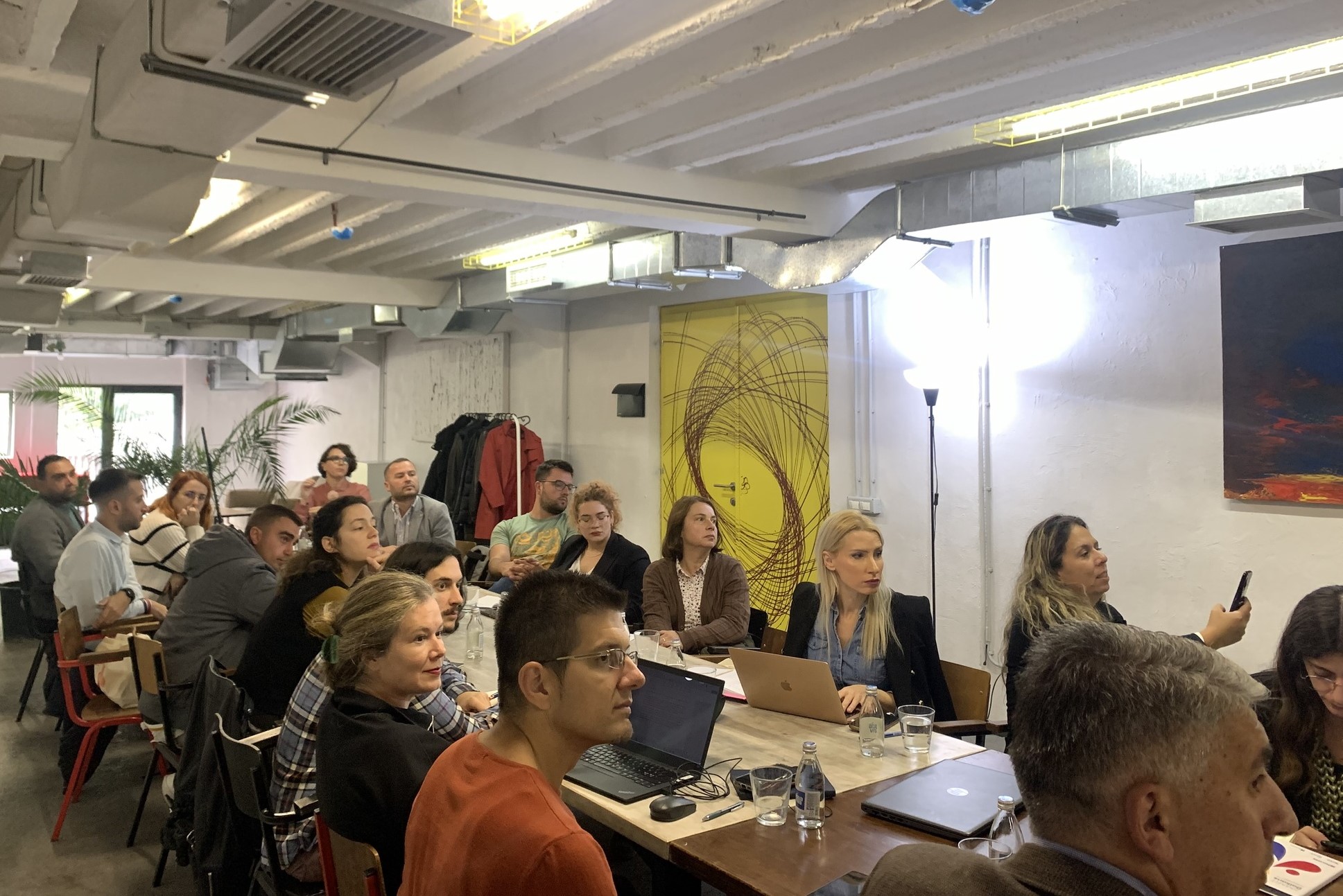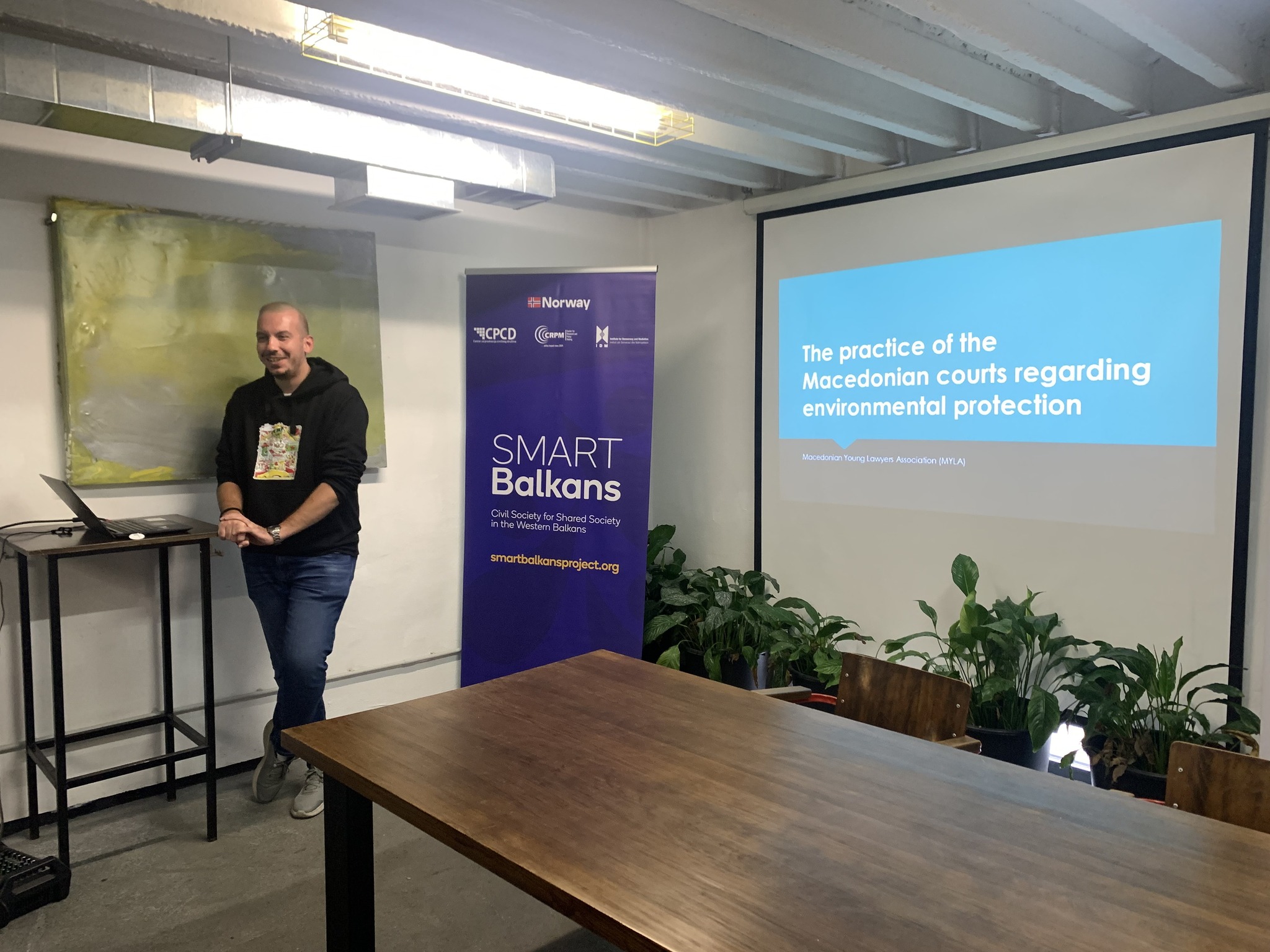From October 17th to 19th, the Center for Research and Policy Making (CRPM), in partnership with the SMART Balkans implementing partners, Centar za promociju civilnog društva i IDM Albania, organized a three-day study visit as part of the SMART Balkans project. study visits are envisaged as activities for the exchange of best practices and experiences in achieving results and making an impact on society. These visits will ultimately contribute to building strategic partnerships between CSOs themselves and between CSOs and state institutions at the state and local levels. To that end, project partners within SMART Balkans will organize three study visits, starting from year 2 of the project lifecycle.
We brought together fifteen representatives from organizations across the Western Balkans, all committed to addressing environmental issues and battling corruption. Together, we explored the vital role of civil society organization in addressing the issues.
Day 1: Strengthening collaboration and anti corruption strategies
The first day started at the Assembly of the Republic of N. Macedonia. We had the opportunity to interact with experts from civil society organizations who are experts in environmental matters. Additionally, we had fruitful discussions with members of the Macedonian Green Parliamentary Group.
The second session, hosted at the Center for Civil Communications (CCC), focused on strategies to combat corruption through monitoring public procurement and concessions. Participants concluded that efforts are needed to monitor public procurements, as they hold potential information regarding corrupt practices.
The third session took place at the Council of Inspection Authorities, where an e-platform for environmental inspection was presented. The discussion emphasized the necessity of strengthening the State Inspectorates’ capacities, particularly in matters of integrity, as they play a vital role in both combating corruption and avoiding potential sources of it.
The day concluded with a workshop facilitated by the Center for Environmental Democracy – Florozon, which aimed to establish an informal regional network of organizations dedicated to combating corruption within the environmental sector.
Day 2: Success stories in the fight against corruption
Day two featured sessions hosted by representatives of civil society organizations dedicated to the fight against environmental corruption.
- Zekija Memdova Hristova from the Green Institute presented their project related to the “Drisla” case, emphasizing the changes made in waste management regulations.
- Olgca Naumovska from the Environmental Association “VILA ZORA” shared their success in closing the smelter “Topolnica” in Veles and highlighted the importance of civic engagement in the fight for civil rights.
- In the afternoon, Kiril Ristovski from the Center for Environmental Democracy – Florozon presented a project supported by SMART Balkans, aiming to establish mechanisms for combating environmental corruption.
- Bojan Trpeski from the Macedonian Young Lawyers Association presented a mechanism for litigation of civil society organizations before the courts on issues related to corruption in the environment.
Day 3: Insights from key institutions and exploring partnerships
On the final day, the study visit included visits to the State Inspectorate for Environment and the State Commission for the Prevention of Corruption. These visits provided valuable insights into their roles and competencies in the fight against corruption. Both institutions highlighted their collaboration with civil society organizations and the synergy they bring to the table in combating corruption on various fronts.
The last session of the visit was dedicated to exploring new opportunities for partnerships among civil society organizations in the region, with a focus on enhancing their collective impact.
The three-day journey provided a comprehensive overview of strategies and collaborations in the ongoing battle against corruption within the environmental domain. The need for enhanced cooperation between civil society organizations and green parliamentarian groups in the region became evident.

